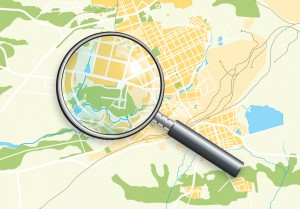Cities and climate change have been the primary focus of the Urban Research Symposium since 2009. There is collective agreement among the worlds leading scientists that global warming needs to be prepared for immediately, even urgently in urban areas.
The symposium’s focus has moved forward– to the impact of urban growth on climate change. Supporting the process of measuring and anticipating the changes on the quality of life, related economies and city assets while looking to asses the alternatives.
A study released just recently by the New York State Energy Research and Development Authority reports challenging conditions including high temperatures, rises in the sea level, droughts, floods and downpours. The report stated climate change would have a marked effect on every aspect of every region’s economy from farms to businesses to local city streets and even subways by the year 2080.
In the city of New York local temperatures have risen by 2.4 percent over the last 40 years. This is more than two times the average for global temperatures. Sea levels have risen by over a foot according to the study. The global average sea level rise is 7 inches. Projections for temperatures we can expect by the year 2080, according to the data, is from 4 to 9 degrees. Sea levels will rise by up to 23 inches. Some more challenging scenarios were cast that had areas with sea level rises of up to 55 inches– which would devastate many coastal areas.
The New York Research Authority study implies that many states have the potential capacity to attend to these necessary precautions, preparations and strategies to deal with location specific impacts– provided action is taken now. This data is largely indicative of the reasons the Urban Research Symposium was organized. To help draw attention to city planners in a timely manner in order to dispel any controversy and create an impetus for immediate local action. Although the report gives troubling predictions, it says individual states have the potential capacity to address many climate-related risks. By doing so they can minimize impact and maximize all potential opportunities for protection from harm and damage.
